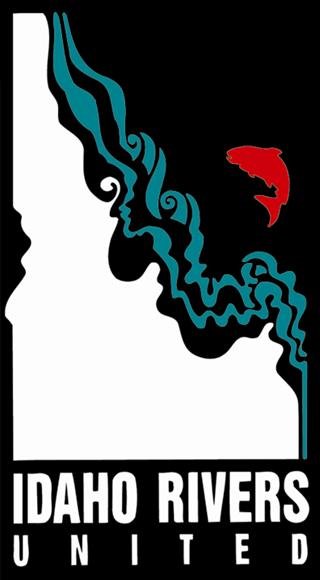News
Keeping you informed of what IRU is doing is vital to our success. Below is a collection of successes and struggles. Sign up for The Currently and stay up to date with our latest news dropping into your email every month!
Find a story or topic important to you.
Selenium Standards in the Kootenai River
Years of collaborative research and discussion between scientists, stakeholders, and decision makers culminated last year with Montana adopting a more stringent selenium pollution rule for the Kootenai River and Lake Koocanusa. The effort to establish stronger selenium limits has long been led by the Confederated Salish and Kootenai Tribes, the Kootenai Tribe of Idaho, and the Ktunaxa Nation Council. Canadian coal mining company Teck Resources, whose operations are responsible for the high levels of selenium in the river, recently petitioned to overturn the new limits.
Can we bring coldwater life back into the Priest River?
With its incredible characteristics, along with an assemblage of wild native fish species prized by anglers, one would think that the Priest River would be a destination for anglers and paddlers both near and far. However, low stream flows and warm temperatures have made the river unsuitable for coldwater-dependent fish. Can the river recover?
Regional Conservation Groups Resolve Litigation Over Water Quality Impacts Caused by the Hells Canyon Complex
The settlement forces the state of Oregon to develop a plan to limit dangerous methylmercury pollution and accelerate critical remediation of water temperature impacts at the Hells Canyon Complex on the Snake River.
Press Release: Outdoor recreation and conservation advocates challenge EPA rule granting industry priority over state, public in clean water decisions
SEATTLE—Citing breathtaking levels of overreach, conservation, fishing, and paddling advocates today filed a complaint in federal court challenging the Environmental Protection Agency’s (EPA) final rule effectively sidelining the role the states and the public have long played in permitting decisions affecting clean water.
Shock Doctrine: While we focus on COVID-19, federal rollbacks on environmental protection accelerate
The current federal administration has been no friend to conservation or the environment, rolling back nearly 100 federal regulations since taking office in 2017. Landmark environmental laws have been gutted, including the National Environmental Protection Act (NEPA), the Endangered Species Act (ESA), and the Clean Water Act (CWA). Since the Coronavirus (COVID-19) pandemic captured the full attention of the American public, the scale of rollbacks has dramatically accelerated.






